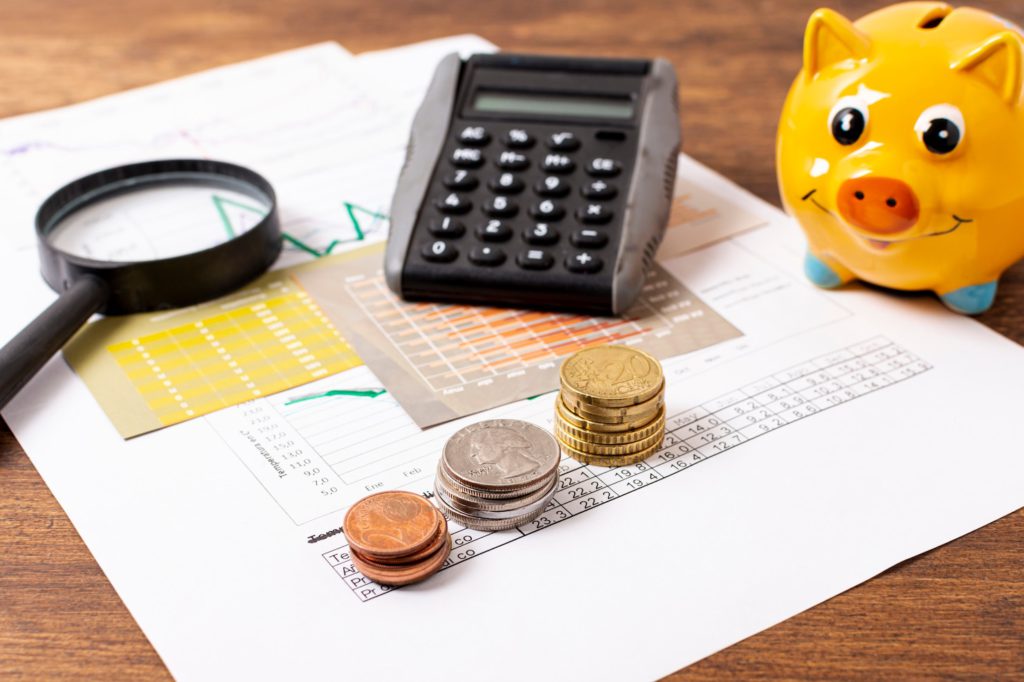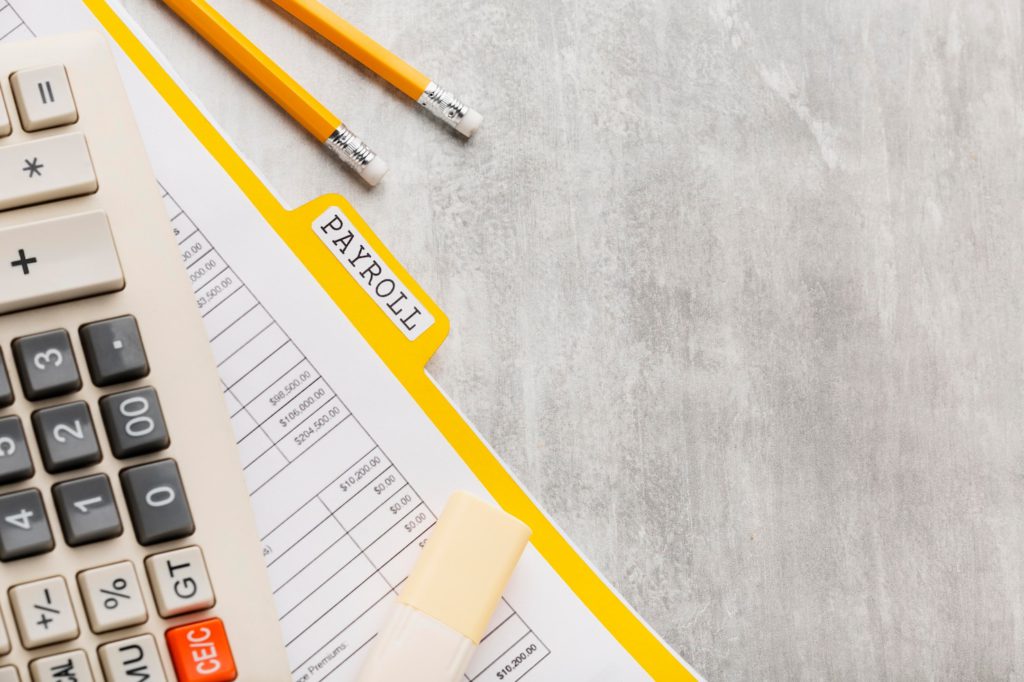Introduction The First Home Savings Account (FHSA), launched in April 2023,......
Author Archives: Tax Partners
Introduction In Canada’s increasingly competitive real estate market, pro......
Introduction The dream of owning a cottage or cabin remains strong for many......
Introduction Buying a home is one of the most significant financial decisio......
Introduction HELOCs are becoming increasingly popular with Canadians, offer......
Introduction When buying a home or renewing your mortgage, one of the most ......
Introduction A Registered Disability Savings Plan (RDSP) is a government-re......
Introduction Retirement is the culmination of years of diligent savings and......
Introduction Retirement is the culmination of years of diligent savings and......
Introduction Almost half of all Canadian mortgages will come up for renewal......











